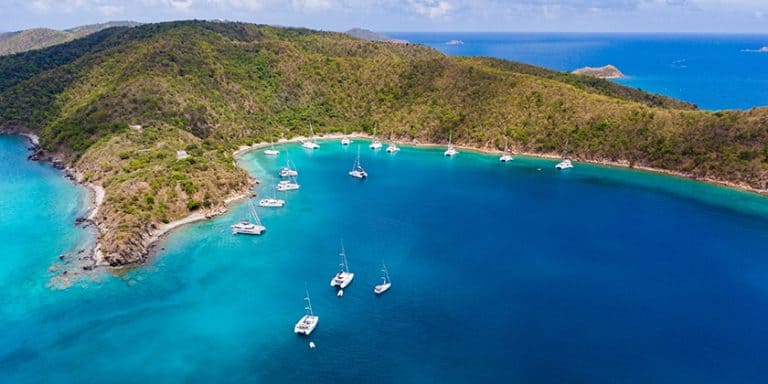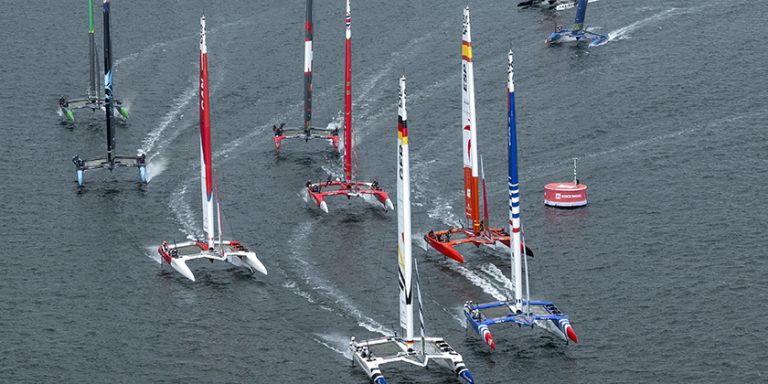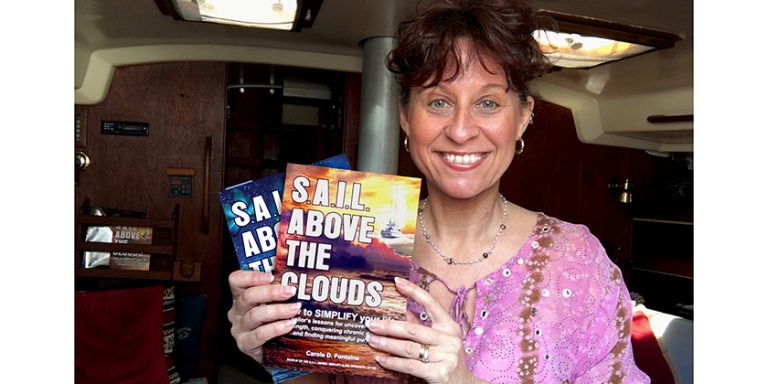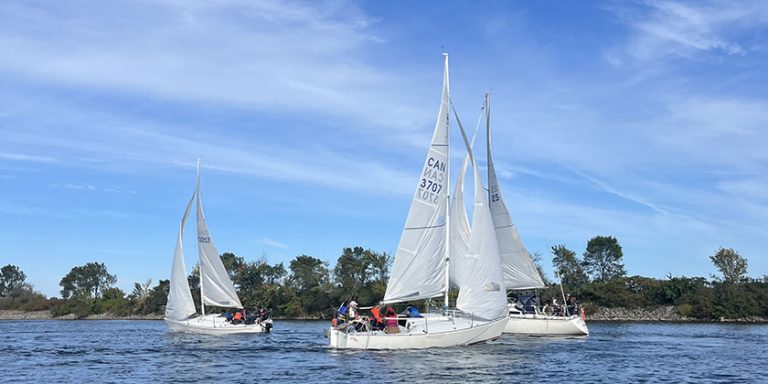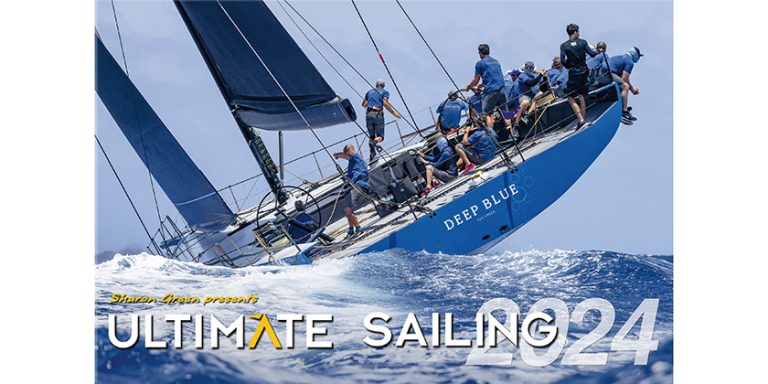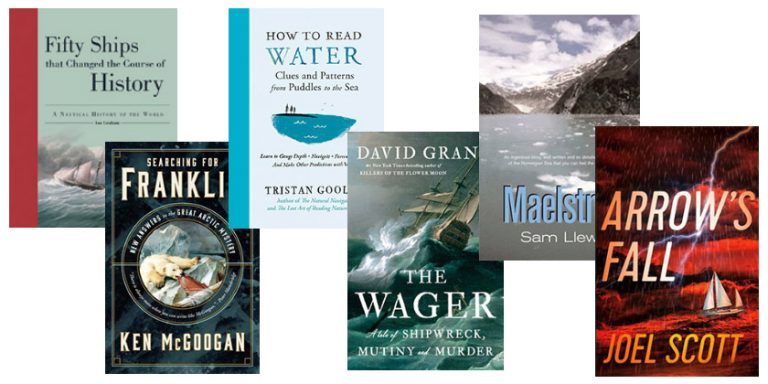Bold Sea Stories – Prizewinning Nonfiction
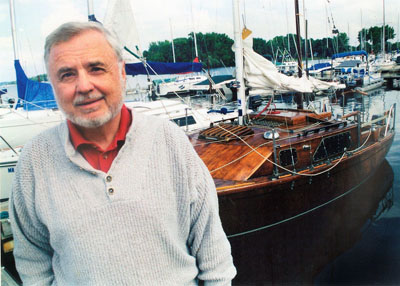
By Katherine Stone
There are places and things that we read, hear and dream about, that are on our “bucket list” to cruise. Lake Superior was not one of those places for me and I’m not sure it ever will be, as I remember all too well chipping ice out of the bottom of a Lightning there in early August before we went sailing in a championship regatta. However, I feel that I have truly been there when I read of the many stories that Marlin Bree artfully describes in his book Bold Sea Stories. Hitting the bookshelves for the first time during the Covid-19 outbreak getting Bold Sea Stories might not be a bad idea, as you can easily acquire it on-line now from Indigo or Amazon for under $20.
With 21 inspiring adventures (all can be read in under 25 minutes), Marlin Bree has you in his grasp as he tells of lore and legends from the world’s “wickedest waters” both above and under the North Atlantic, South Pacific and the world’s largest freshwater sea. “Along the bluffs on shore, watchers with binoculars scanned the broken seas. The heavy rollers of Superior were high and mean, with waves rearing to become the lake’s notorious ‘square rollers.’ … Word has spread. The village knew that the Old Man had gone out to bring in The Kid.”
 Bold Sea Stories Cover (Right)
Bold Sea Stories Cover (Right)
It is a fascinating read, well-researched and written with gripping true stories of men in their fishing boats up to captains aboard gigantic freighters several football fields long. Reading along you think you have read about the worst storm, until you come to the next story. There are tales of the United States Life-Saving Service (founded in 1876, they became the forerunners of today’s Coast Guard) on Lake Superior who put in 24-hour days under spartan conditions. “They had to be expert sailors and boatmen, couldn’t be younger than 18 years of age, nor older than 45; couldn’t weigh less than 135 pounds or over 205 and had to be expert swimmers. Their pay was $65 a month. Those who survived deserved the title of ‘heroes of the surf.’”

(Left) A trusty motor is a good friend
The storms of November always rang a bell with me, as I remember well the waves crashing over the break walls where I lived near Lake Erie. That didn’t come close to the fury of Lake Superior – where in 1905, 30 ships went down. It reminds me of that hauntingly beautiful ballad by Gordon Lightfoot, “The Wreck of the Edmund Fitzgerald”. She was the “Queen of the Lakes” – later known as the “Titanic” of the Great Lakes. The story of her tragic end on November 10, 1975 is still disputed. Bree has done his homework and he brings up the data from new electronic surveying of the area around the sinking that confirms a “new reef” that was not on the old charts. “The ‘Fitz’ probably slammed into the new reef in the Six Fathom Shoals. She likely struck near her starboard bottom section, just aft of the pilot house.”
 Marlin Bree on a sailboat
Marlin Bree on a sailboat
These true tales end with a story about Madeline Island that has lived under three flags: French, English and American. It is the only island on Superior that is inhabited year-round by 100 or so hearty soles who live a rugged life, becoming completely isolated by the vast frozen ice fields of Superior in the winter. Their entire life is dictated by the lake – challenge it, take chances, don’t respect it, and you will die. The native Canadians say the island is haunted.
Superior’s notorious reefs are a diver’s paradise – with many wreaks still untouched. Her rugged wilderness is untamed, stunningly beautiful and teeming with wildlife. Many of the waters that Bree sailed in his wooden boat “Persistence”, are now protected in the Lake Superior National Marine Conservation Area. All one has to do when you’re thirsty, is reach over the side of the boat and scoop up a handful of water to drink – it’s that clean. “I had been warned that others had entered this wild area and had disappeared. Neither they, nor their boats were ever found. They told me I could get lost – and if I got into trouble, I would be on my own. It might be days before I’d see another boat or human being. The common wisdom was, if you listened to everything the weather bureau told you, you’d go nowhere.”


